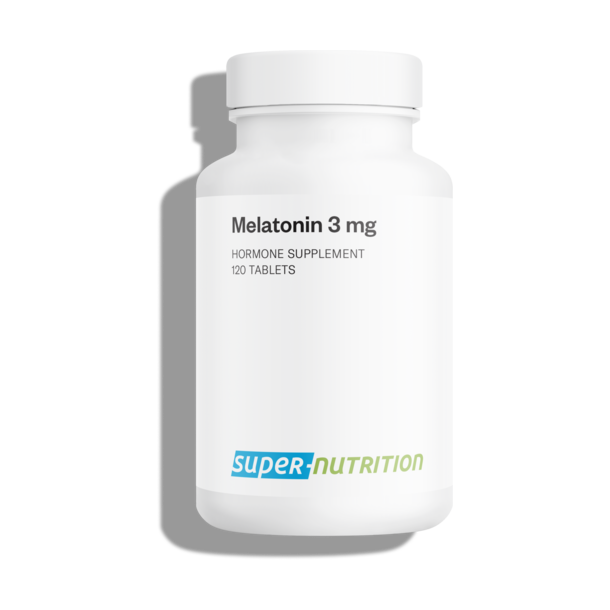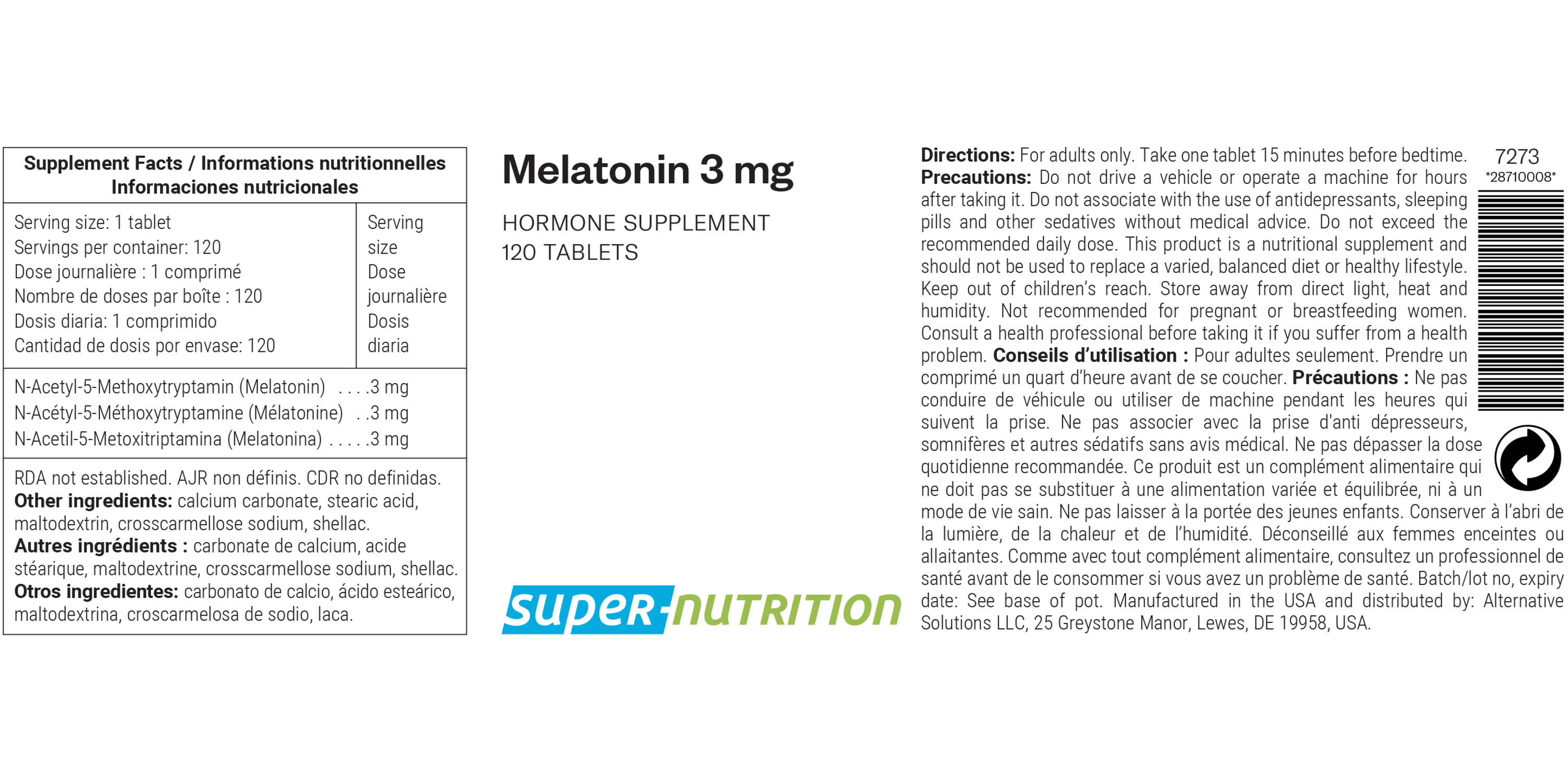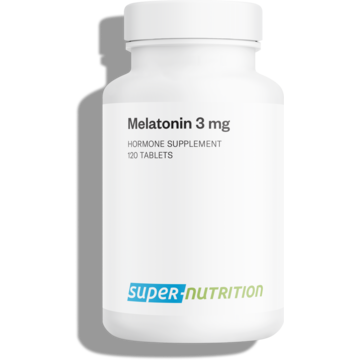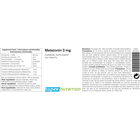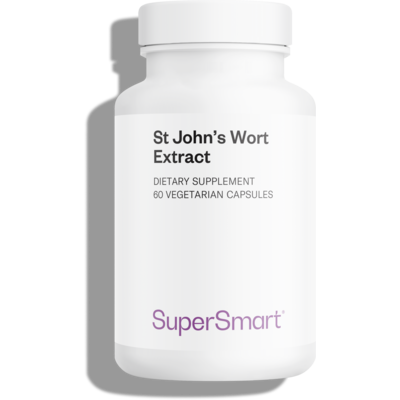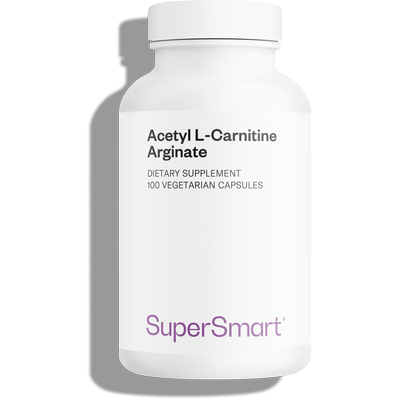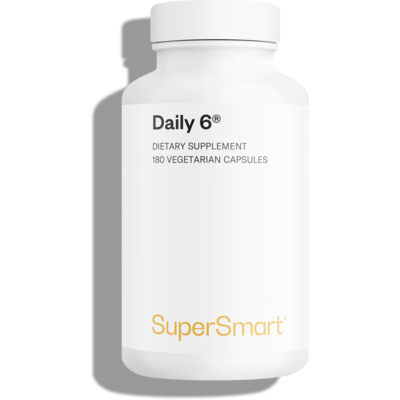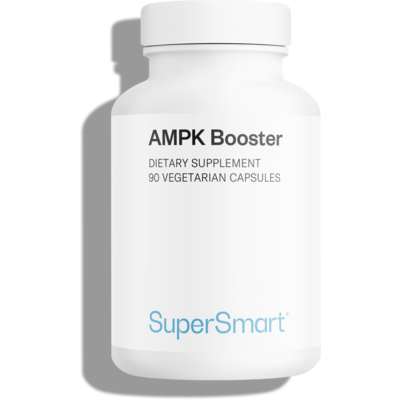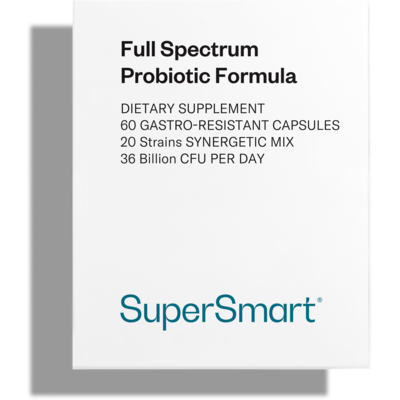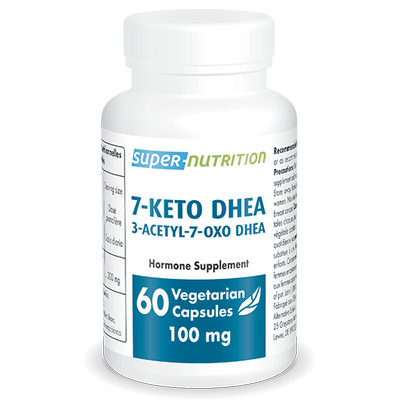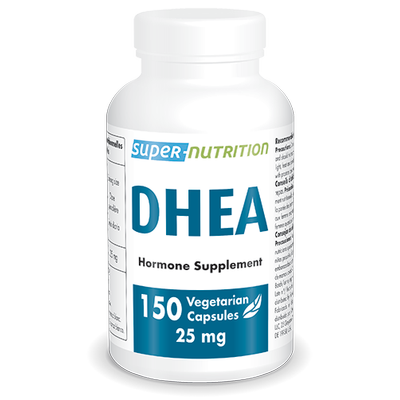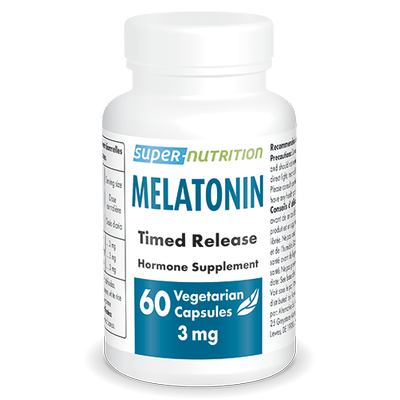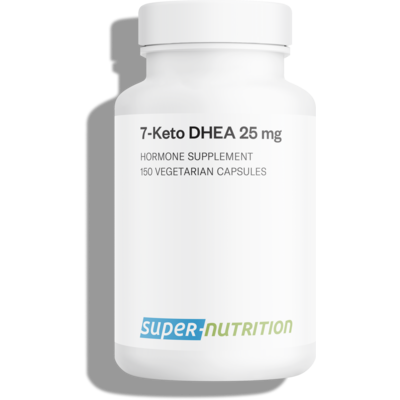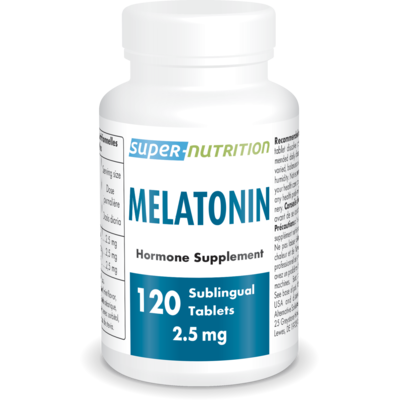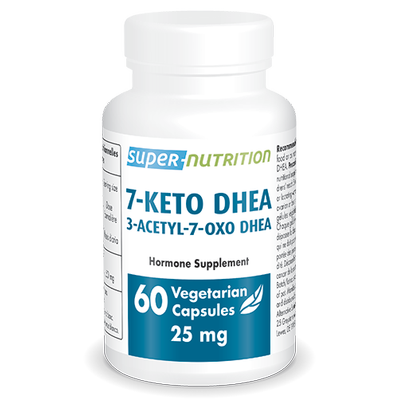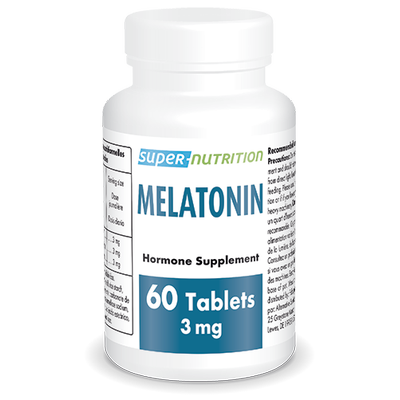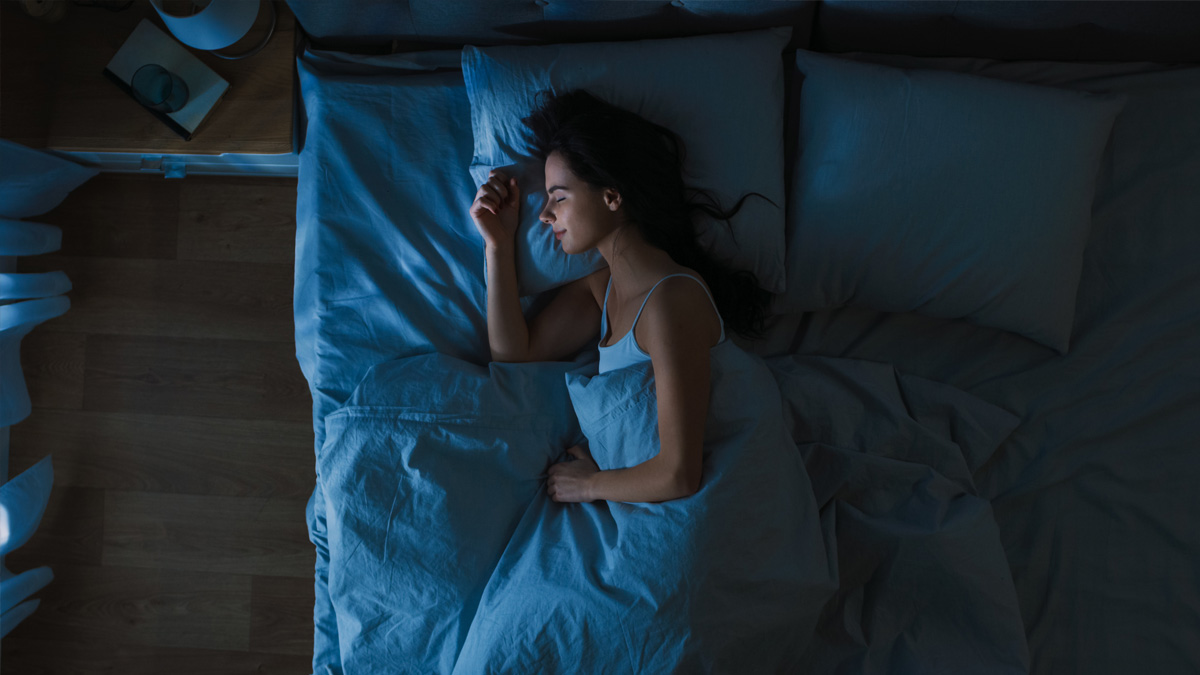Create Your Offer
Melatonin is a natural hormone produced at night by the pineal gland in response to darkness. It helps the brain differentiate between day and night to regulate sleep cycles and the circadian rhythm. Production begins to decline after puberty and continues to decrease regularly until the age of 70 by which time it may have fallen by 90%. This drop in melatonin levels sometimes results in sleep disturbances in older people. It can also mark the start of a number of degenerative diseases.
Melatonin in supplement form is a synthetic product that is strictly bio-identical to the hormone produced naturally by the pineal gland. Regulating and controlling our biological clock, melatonin is primarily used to improve sleep.
Melatonin also has remarkable antioxidant power: it promotes the body's production of natural antioxidant enzymes such as superoxide dismutase or glutathione peroxidase. It also releases activity which results in decreased production of inflammatory inducers such as nitric oxide synthase or lipoxygenase.
A number of scientific journals have published research on the many benefits of this fat- and water-soluble hormone. Melatonin:
- Is used to restore healthy sleep habits: it is particularly effective at getting rid of jetlag (after journeys involving large time differences) or circadian rhythm problems caused by night shift work.
- Helps eliminate seasonal affective disorder in those who find it difficult to adapt to the changing seasons.
- Promotes natural, restorative, and rapid sleep (within half an hour in 90% of subjects).
- Neutralizes the effects of stress and reduces the impaired immunity which can accompany it.
- Boosts the immune system and helps fight infection.
- Protects against cancer and the toxic effects of chemotherapy. One scientific review has identified almost 100 human studies; 50 of them evaluating melatonin as an adjunct treatment for cancer and the remainder, endogenous melatonin levels in cancer patients.
- Restores function of the thymus and increases T lymphocyte populations.
- Has been studied for its potential in treating age-related neurological problems such as Alzheimer's disease.
What is the Correct Dose?
Needs vary significantly from one person to another. 2.5 to 3 mg is generally enough to promote sleep. If waking up the next morning becomes difficult, then this dose may be a little high. If, on the other hand, you do not sleep for long enough, the dose may be increased. The sublingual form is particularly suitable for quickly countering the effects of time differences, while the slow-release form is better for night/early morning wakefulness.
Melatonin should always be taken at night. If taken in the daytime, it may cause drowsiness or dozing and a lack of coordination. Unlike sleeping pills, melatonin – taken at the right dose – rapidly promotes natural, restorative sleep which resynchronizes the circadian rhythm. It does not lead to addiction or dependency. Sleeping pills, on the other hand, suppress the sleep phase devoted to dreaming (REM), require increasingly high doses and gradually lead to heavy dependency. With melatonin, you will wake up fresh and alert; with sleeping pills, waking up becomes difficult, as if you have a hangover.
Toxicity?
Melatonin is a supplement that is exceptionally safe and free from side-effects. In a Dutch study involving 5,000 women taking 75 mg of melatonin a day for 5 years, no side effects were reported. The study also showed that at this dose, estrogen production was inhibited and it may therefore be a substitute for the contraceptive pill.
Warning
Women who are pregnant or breastfeeding, children, and those suffering serious mental problems or auto-immune diseases should not take melatonin. Driving or using dangerous equipment is not recommended after taking melatonin as it induces sleep and slows reactions.
Top Quality Melatonin
Synthetic melatonin is produced from pharmaceutical grade raw materials in GMP (Good Manufacturing Practice) laboratories. Its molecular structure and physiological activity are identical to those of the melatonin the body produces naturally. Our melatonin is a pharma-grade product with a purity of over 99%.
WARNINGS
Do not exceed the recommended daily dose. This product is a nutritional supplement and should not be used as a substitute for a varied and balanced diet or a healthy lifestyle.
STORAGE
Store in a cool, dry place away from direct sunlight, heat, and humidity. Keep out of reach of children.
PREGNANCY AND MEDICAL CONDITIONS
If you are pregnant, breastfeeding, or have any medical conditions, consult your healthcare provider before using this product.
SUPPLEMENT INTERACTIONS
Consult your healthcare provider before use, especially if you are taking any medications or other supplements as there may be potential interactions.
Need Help?
Phone
+1 (786) 522-3907
From 9 am to 6 pm (EST)
You May Also Like

